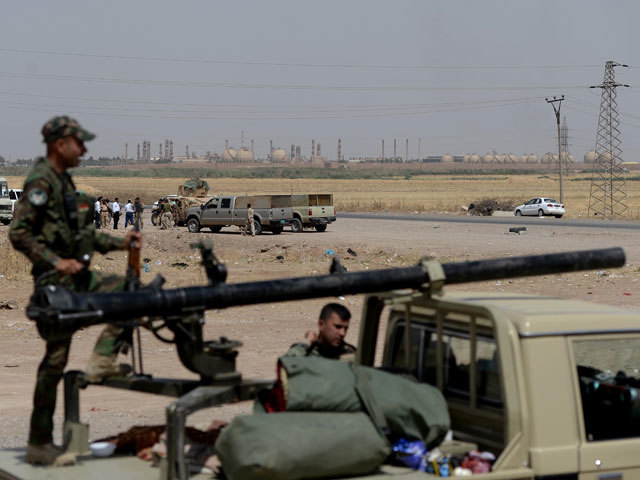
As director of an Iraqi security services company, I am often asked by energy companies what the key issues are that are currently affecting security for their operations in Iraq and how I see these trends developing in 2016. Unsurprisingly, most trends impacting the energy sector are strongly influenced by the sharp drop in oil prices. In particular, we are concerned about increasing price pressure on security provision from international energy companies. Those who make senior policy decisions on security matters know that the probability of attacks does not change with oil prices. If the risks were there on a $100-dollar barrel, then you can make a safe assumption they are still there in a $40-dollar barrel. However, our industry is being asked to reduce costs by up to 20%. As security operators don’t have such margins to begin with, this is causing real difficulties, and we advise energy companies that security in high-risk areas is an essential: it’s vital to think very carefully about the impact of reducing security budgets.
The current round of cost cutting is also having a more indirect impact on security through changing the nature of security services. Our industry in Iraq is consolidating: the pressure on budgets is impacting many smaller companies and there is thus a push to benefit from scale. Although this makes business sense, we are concerned that energy companies might ultimately lose out from this process as they will suffer from less choice in security provision.
However, cost pressures are also altering the security market by increasing the amount of work being awarded to local companies. As energy companies look to maximise value from their security suppliers, the premium brought by local knowledge is increasingly recognised. When you are in a high-risk environment, local knowledge is invaluable because it enables energy companies to pick up on intelligence that is otherwise hard to gather. Local firms are clearly better positioned to provide this, however, for a long time, the industry has nonetheless been dominated by international corporations. This is changing as Iraqi security companies are achieving the same standards as international companies. This is a trend that we have been very much involved with as an Iraqi security firm that employs 95% Iraqi staff and recently acquired the leading international PSC.1 Security Accreditation this year.
Looking to the macro level, the stability and prosperity of Iraq depends on the country being able to provide sufficient logistical support for its growing energy sector. This is about more than just the security provision: there needs to be investment in new infrastructure. The difficulty is that declining oil prices are affecting government revenues and its ability to support new projects. The development of the upstream sector will continue to grow in 2016 but at a much slower pace than it did between 2011 and 2014. Energy exports should continue to increase (they exceeded 3 billion barrels for the first time in 2015) but this is because the government needs to continue to export to meet the budget commitments it has made with the IOCs. These trends are in the right direction, but there will need to be more co-ordinated effort on all of these fronts to ensure that the Iraqi energy sector achieves all that it is capable of.
Richard Terzan is a senior security advisor at Harlow International and chief executive of ANTICIP.
Recommended for you
